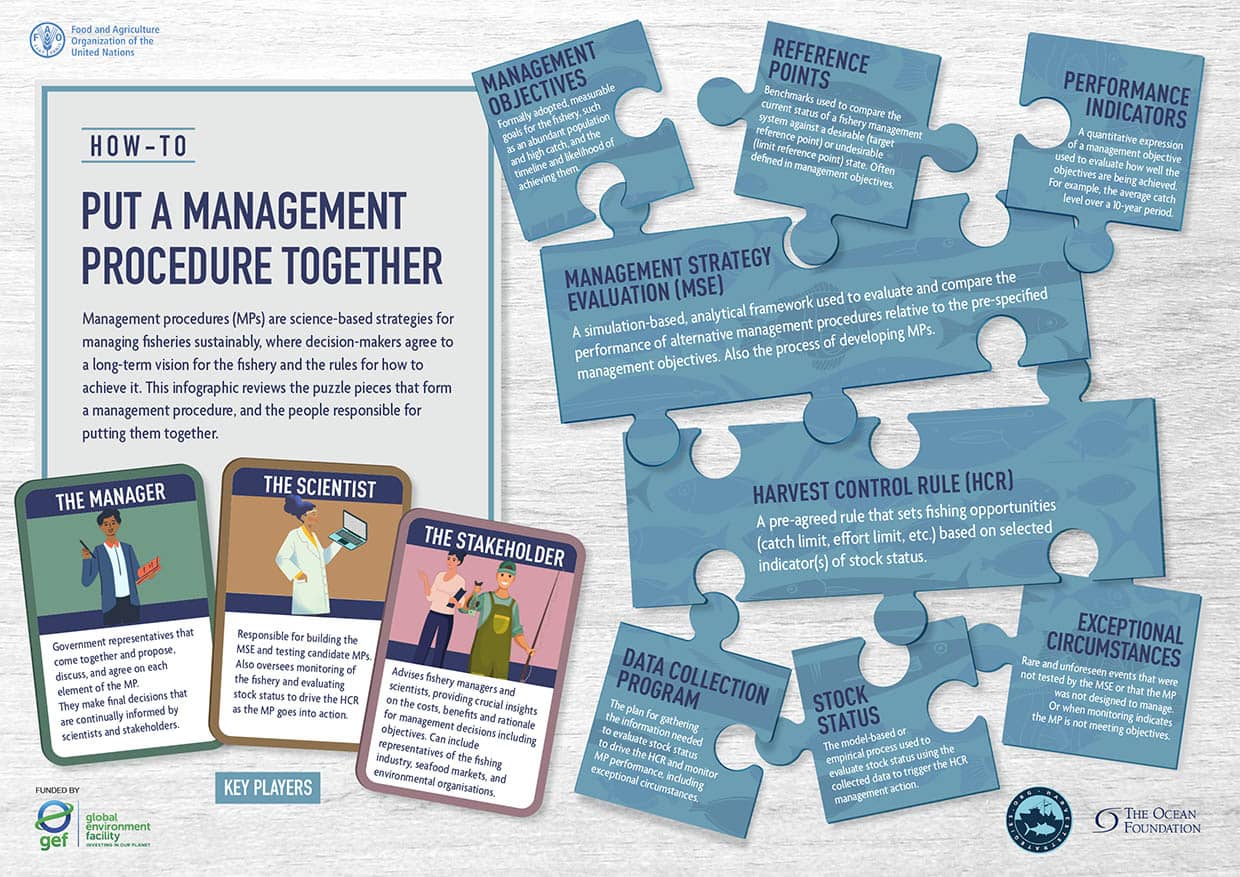
15 septembre 2023
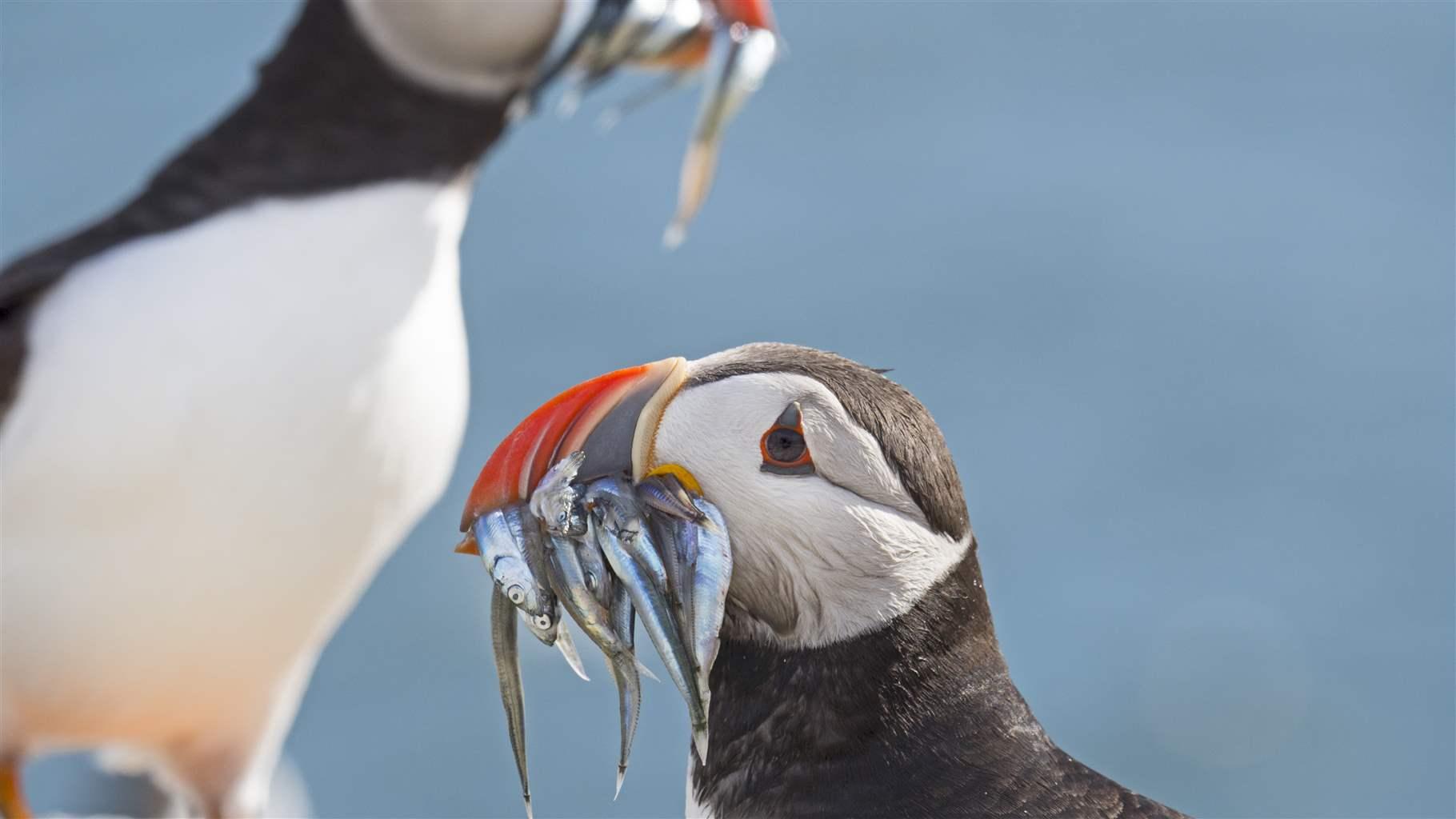
6 juin 2023
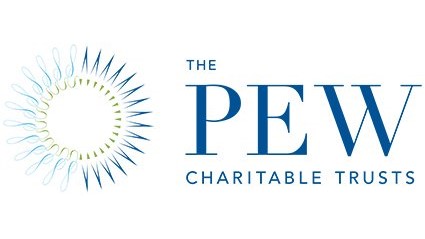
International agreements provide principles and guidance for the management of highly migratory fish stocks, including support for reference points-based management. Seventy States and the European Union have ratified the United Nations Fish Stocks Agreement of 1995. The treaty calls on States to take a number of steps, including to “… determine, on the basis of the best scientific information available, stock-specific reference points and the action to be taken if they are exceeded…” Now is the time to put those steps into practice.
Lire la suite31 mai 2023
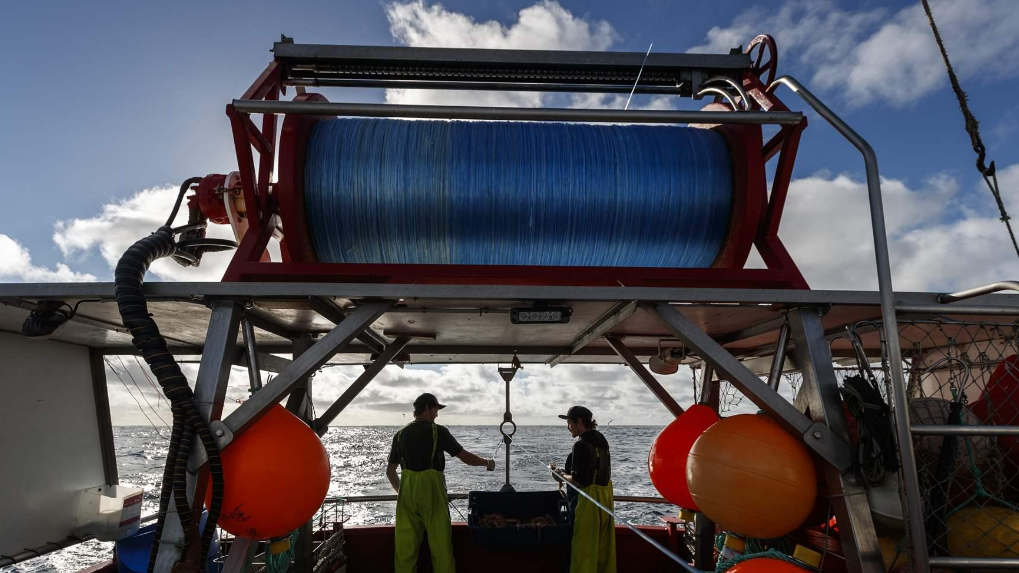
To ensure the efficiency of the harvest strategy development process, RFMOs must establish fora for scientists, managers and stakeholders to exchange views when determining the crucial components of a harvest strategy. The best option for achieving this is through science-management dialogue groups (SMDs), which provide the opportunity for scientists and managers to discuss decisions needed to advance a harvest strategy.
Lire la suite31 mai 2023
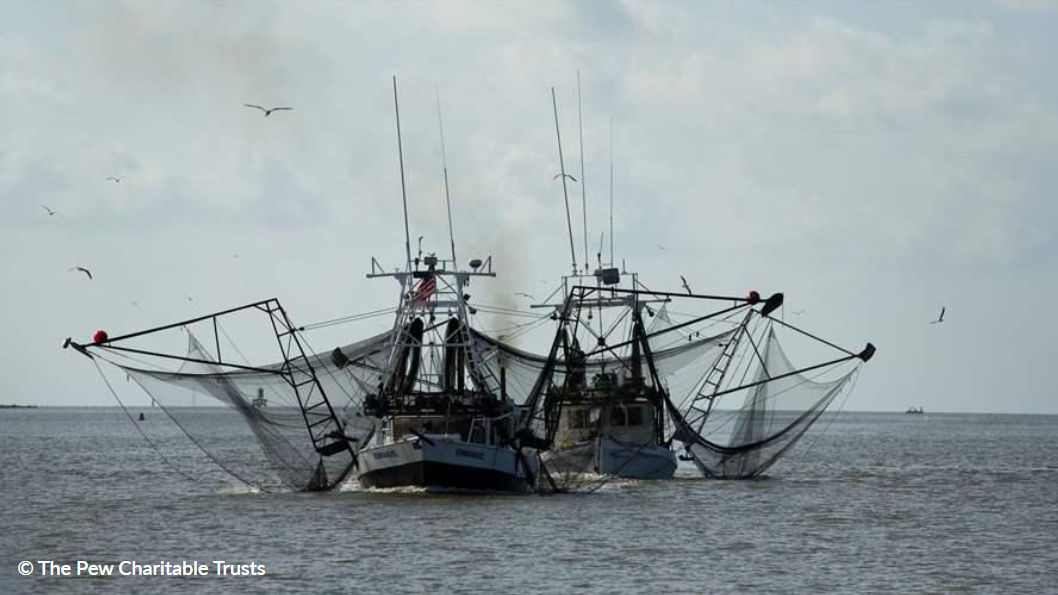
An examination of existing harvest strategies showcases the range of approaches and what success can look like.
Lire la suite31 mai 2023
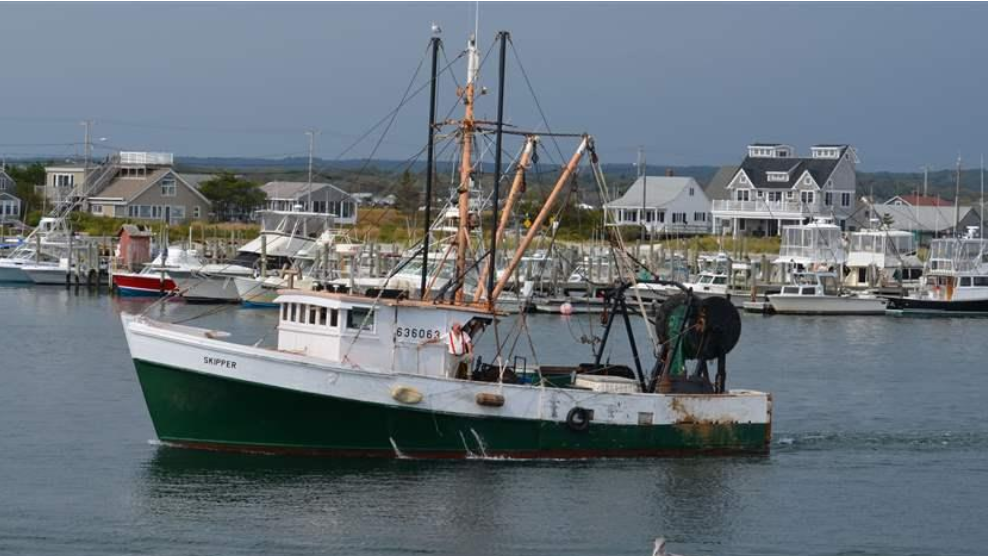
Reference points are the benchmarks that scientists and managers use to compare the current status of a stock or fishery to a desirable (or undesirable) state.
Lire la suite31 mai 2023
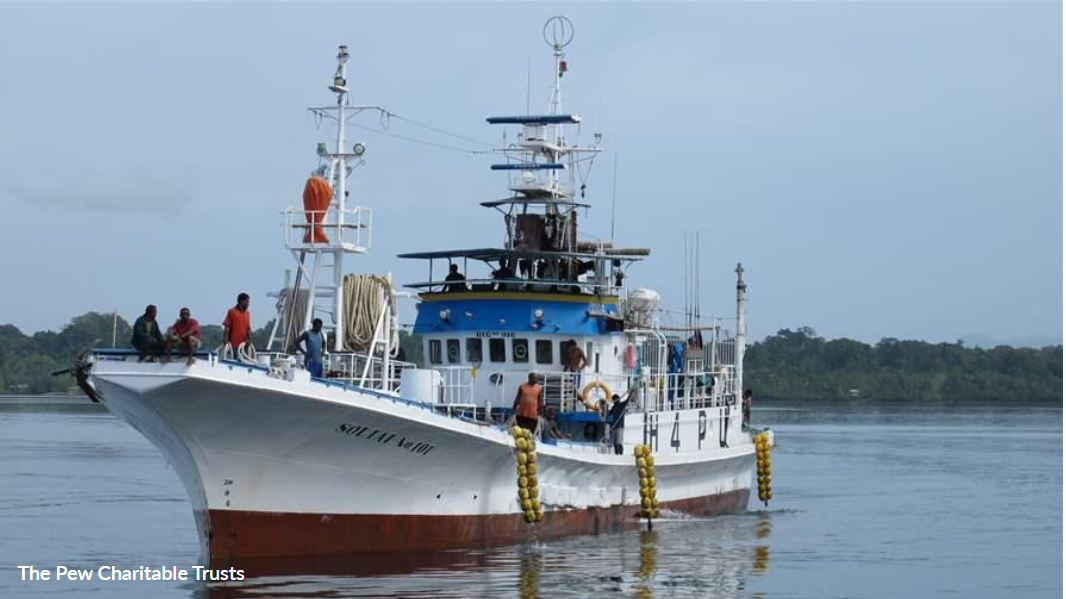
Tuna regional fisheries management organizations are generally guided by an overarching mandate to maintain populations at or above the level that can produce maximum sustainable yield
Lire la suite31 mai 2023
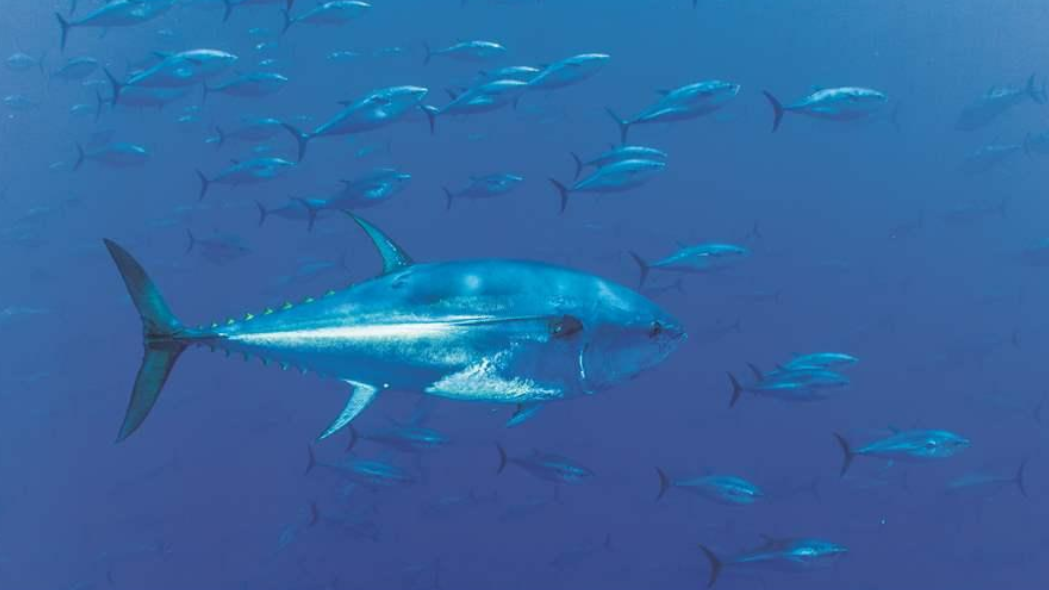
Management strategy evaluation (MSE) is a tool that scientists and managers can use to simulate the workings of a fisheries system and allow them to test whether potential harvest strategies—or management procedures— can achieve pre-agreed management objectives.
Lire la suite31 mai 2023
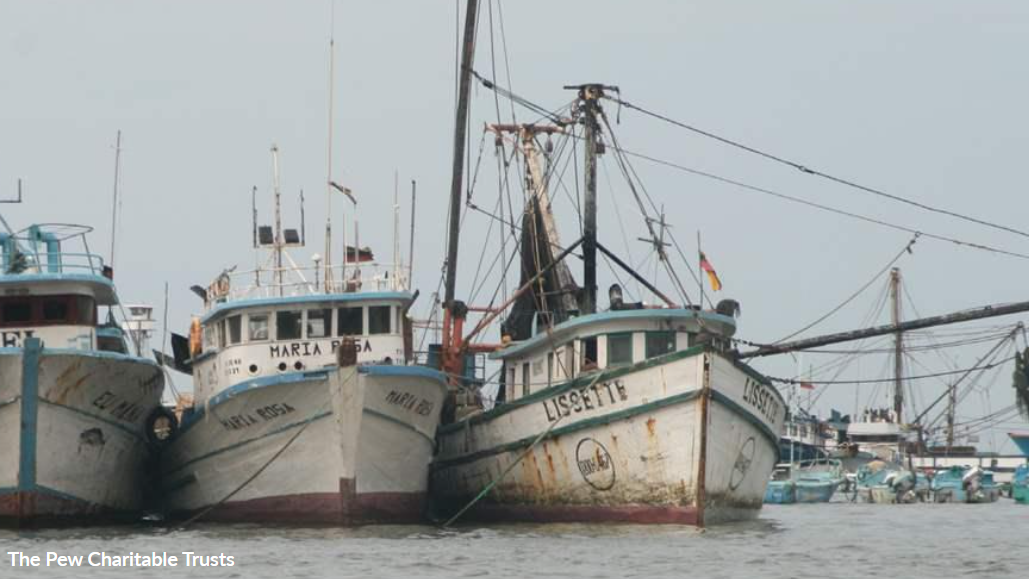
Harvest control rules provide more benefits than the traditional approach of conducting stock assessments and then negotiating fishing limits or quotas
Lire la suite31 mai 2023
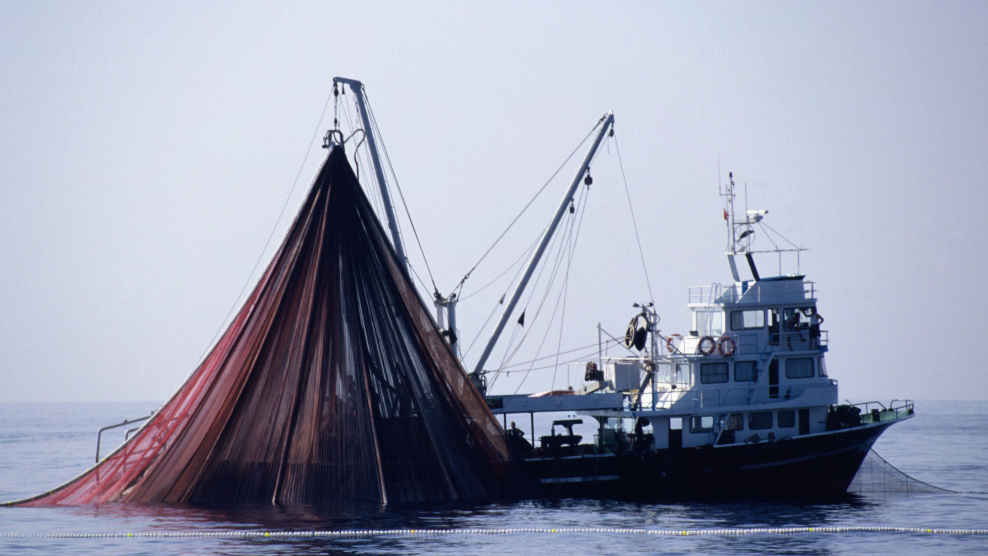
An alternative approach, known as “harvest strategies” or “management procedures,” is emerging as the next innovation in fisheries management.
Lire la suite